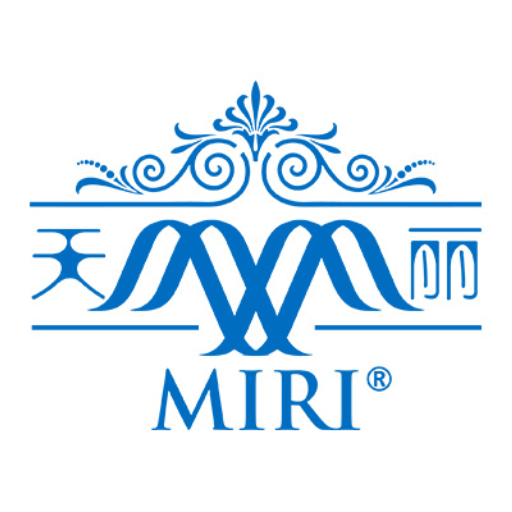Empowering Women: A Guide to Thriving During Menopause
Menopause is a natural transition that every woman will experience, yet it remains one of the most misunderstood phases of a woman’s life. While it marks the end of fertility, it can also be the beginning of a vibrant new chapter filled with self-discovery and empowerment. In this comprehensive guide, we’ll explore what menopause truly is, how to recognize its symptoms, and most importantly, how to navigate this transition with grace and confidence.
Understanding Menopause: The Basics
Menopause typically occurs between ages 45-55 and is defined as occurring 12 months after a woman’s last menstrual period. This natural biological process happens when the ovaries gradually produce less estrogen and progesterone, eventually stopping egg production completely. While this transition is universal for women, the experience varies greatly from person to person.
There are three distinct phases to understand:
- Perimenopause: The transitional period before menopause, which can last 4-8 years
- Menopause: The point when menstrual periods have stopped for 12 consecutive months
- Postmenopause: The years following menopause
For many women, the journey begins gradually. You might first notice your periods becoming irregular – heavier or lighter, longer or shorter, closer together or farther apart. These changes are completely normal and part of your body’s natural transition. While some women breeze through menopause with minimal symptoms, others experience more pronounced changes that can impact daily life. For a deeper understanding of the process, our article on Menopause Introduction offers excellent insights.
Common Symptoms and How to Manage Them
The hormonal changes of menopause can affect nearly every system in the body, leading to a variety of symptoms. The most frequently reported include:
Hot Flashes and Night Sweats
These sudden feelings of intense heat can be uncomfortable but are rarely dangerous. Staying cool by dressing in layers, avoiding triggers like spicy foods, and practicing slow, deep breathing can help manage them.
Sleep Disturbances
Many women experience insomnia or disrupted sleep during menopause due to night sweats or hormonal fluctuations. Establishing a calming bedtime routine and keeping your bedroom cool can improve sleep quality.
Mood Changes
Hormonal shifts can lead to mood swings, irritability, or increased anxiety. Regular exercise, mindfulness practices, and maintaining social connections can support emotional health during this transition.
Vaginal Dryness
Decreased estrogen levels can cause vaginal tissues to become thinner and drier. Our Miri Feminine Essence supplement contains natural herbal ingredients that may help relieve some of these symptoms while promoting overall feminine wellness.
For women experiencing multiple symptoms, our guide on Herbal Remedies for Menopause Symptoms offers natural approaches to finding relief.
Nutrition and Lifestyle for Menopausal Wellness
Your lifestyle choices during menopause can significantly impact how you experience this transition. Here are key areas to focus on:
Bone Health
Estrogen plays a crucial role in maintaining bone density. Increase calcium-rich foods like leafy greens and dairy, along with vitamin D for absorption. Weight-bearing exercise is also essential for bone strength.
Heart Health
The risk of heart disease increases after menopause. Focus on heart-healthy fats, whole grains, and regular physical activity to support cardiovascular function.
Skin Care
Hormonal changes can lead to drier, less elastic skin. Our Miri Collagen Protein supplement supports skin elasticity and hydration from within, while topical moisturizers and sunscreen help protect skin externally. For more on maintaining skin health during menopause, see our article on Menopause and Skin Changes.
Stress Management
Activities like yoga, meditation, or simply taking time for hobbies can help manage stress during this transitional period.
When to Seek Help
While menopause is a natural process, certain symptoms warrant medical attention. These include:
- Extremely heavy or prolonged bleeding
- Bleeding after menopause
- Severe depression or anxiety
- Urinary incontinence that affects quality of life
If symptoms significantly interfere with your daily life, discuss treatment options with your healthcare provider. Some women find relief through hormone therapy, while others prefer natural approaches. Our resource on Managing Menopause Naturally explores various natural solutions.
Embracing the Change
Menopause isn’t just about endings – it’s about transformation. Many women report feeling liberated after menopause, free from worries about pregnancy and periods. It can be an opportunity to redefine priorities, pursue new interests, and focus on self-care.
Remember, menopause is a unique journey for every woman. By understanding the changes your body is going through and implementing supportive strategies, you can navigate this transition with confidence and continue thriving in this new chapter of life.
